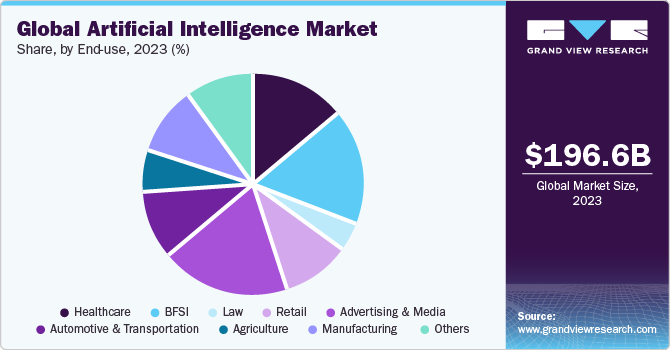The Ethics of Facial Recognition Technology
Privacy is a fundamental human right that is increasingly at risk in the digital age. The widespread use of facial recognition technology raises serious ethical concerns about the invasion of individuals’ privacy. With the ability to capture and analyze sensitive biometric data without individuals’ consent, there is a heightened risk of personal information being misused or exploited.
Furthermore, the lack of clear regulations and guidelines surrounding the use of facial recognition technology poses a significant threat to privacy rights. Without proper safeguards in place, there is a potential for abuse and discrimination, particularly in surveillance and law enforcement settings. It is essential for lawmakers and regulators to address these ethical concerns to ensure that individuals’ privacy and autonomy are protected in an increasingly data-driven world.
Potential risks of misuse of facial recognition technology
Facial recognition technology poses significant risks of misuse, as its widespread adoption raises concerns about privacy infringement and unethical surveillance. The capability of tracking individuals without their knowledge or consent is a pressing issue that could lead to pervasive monitoring and profiling. Such misuse could result in the abuse of personal data for various purposes, including targeted advertising, discrimination, or even oppressive surveillance practices.
Moreover, the potential for errors or biases in facial recognition systems could exacerbate negative consequences of its misuse. Inaccurate identification of individuals based on race, gender, or other characteristics could lead to discrimination, false accusations, or wrongful arrests. The lack of transparency and accountability in the development and deployment of these technologies further heightens the risks, as it becomes challenging to ensure fair and ethical use in various sectors, such as law enforcement, border control, or public surveillance.
Invasion of personal space and consent issues
Facial recognition technology has raised significant concerns regarding invasion of personal space and consent issues. The ability of this technology to capture and analyze individuals’ facial features without their explicit consent has sparked debates about the boundaries of personal privacy. In public spaces where facial recognition is increasingly being used, individuals may find their privacy compromised without being aware of the extent to which their images are being captured and stored.
Furthermore, the lack of clear regulations and guidelines surrounding the use of facial recognition technology has exacerbated concerns about consent. Without transparent policies in place, individuals may not have the opportunity to make informed decisions about how their biometric data is being collected and used. This raises fundamental questions about individual autonomy and the right to control one’s personal information in an age where technology is advancing at a rapid pace.
What are some potential ethical concerns surrounding invasion of personal space?
Invasion of personal space can lead to feelings of discomfort, violation, and even trauma for individuals. It can also infringe upon their privacy and autonomy.
How can misuse of facial recognition technology impact individuals?
Misuse of facial recognition technology can lead to invasion of privacy, surveillance without consent, and potential discrimination or profiling based on personal characteristics.
What are some examples of invasion of personal space in daily life?
Examples of invasion of personal space can include unwanted physical contact, surveillance without consent, and sharing personal information without permission.
How can individuals protect their personal space and privacy?
Individuals can protect their personal space and privacy by setting boundaries, being aware of their rights, and advocating for consent in all interactions and technologies.
What can society do to address invasion of personal space and consent issues?
Society can work towards creating stronger ethical guidelines, promoting transparency in technology use, and advocating for the respect of individuals’ personal space and autonomy.







